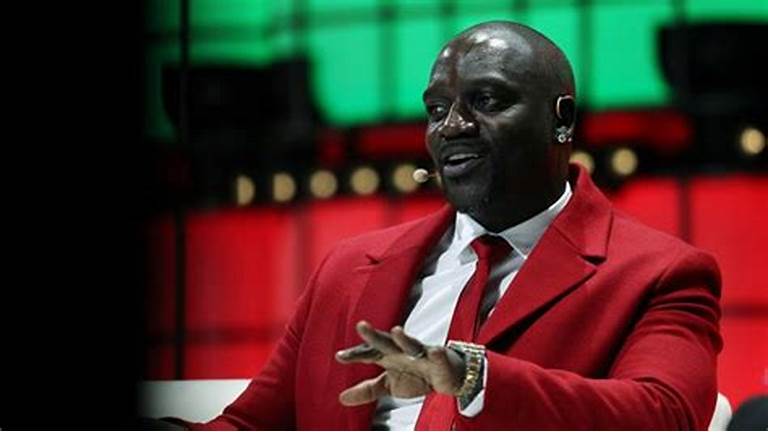Senegalese-American singer Akon has made headlines after claiming that Elon Musk, the world’s richest man and head of the U.S. Department of Government Efficiency, is defending white South Africans because Black South Africans enjoy better living conditions.
Akon made these remarks during a recent American podcast, Bagfuel Brigade episode. His comments have sparked conversation, touching on long-standing issues of race, land, and power in South Africa.
Musk’s claims about South Africa
Elon Musk was born and raised in South Africa. Over the years, he has openly criticized the country’s government, accusing it of creating unfair conditions for white citizens. Musk has called South Africa’s ownership laws “racist” and has even used the word “genocide” to describe the violence against white farmers.
His statements became even louder after South African President Cyril Ramaphosa’s government passed the Expropriation Act in January. This new law allows the government to take over land sometimes without paying for it if it is unused or if there is a public need to redistribute it.
Musk argues that this law unfairly targets white landowners and deepens divisions. He has used his global platform to draw attention to what he sees as the mistreatment of the white minority in the country.
Akon: White South Africans are struggling
On Bagfuel Brigade, Akon claimed Musk’s efforts are motivated by concern for the white community.
“In South Africa, white people don’t have it as good as white people have in America,” Akon said. “South Africa is probably the one place in Africa where the tables have turned. The white folks live in the hood, and the Black people are living well.”
Akon added, “This is why Elon Musk is fighting for those white folks in South Africa. He feels like they are being mistreated and there is no equality. White folks are fighting for equality in South Africa because Blacks are the majority. Blacks in South Africa are united. If all the other African countries did that, we would be the superpower of the universe.”
Does Akon’s claim match the data?
While Akon’s comments drew attention, available data from South Africa tells a different story.
According to 2022 figures from the World Bank, white workers in South Africa earn nearly three times the average wage of Black workers. This pays gap highlights how economic inequality still exists along racial lines, even decades after the official end of apartheid.
Land ownership data further challenges Akon’s claims. White farmers still own about three-quarters of the country’s land, even though they make up only about 7% of South Africa’s population.
Experts note that although poverty affects all racial groups, historical advantages still favor the white minority in areas such as land, income, and access to services.
Tensions over land reform
The issue of land reform remains one of South Africa’s most heated debates. During apartheid, Black South Africans were forced off their lands and pushed into poor, underdeveloped areas. Today, efforts to correct these past injustices often face resistance.
The Expropriation Act aims to speed up land redistribution, but critics like Musk argue that taking land without compensation is unfair and harmful. Supporters of the law, however, believe it is necessary to fix the deep inequalities left by apartheid.
A global spotlight on local issues
Akon’s comments show how figures outside South Africa can bring global attention to local issues. But they also highlight the importance of understanding local realities before making broad claims.
While Akon paints a picture of white South Africans as a struggling minority, the data shows they still hold considerable economic power. At the same time, Musk’s activism has drawn both praise and criticism, with some seeing him as a defender of rights and others as a billionaire inserting himself into a complex national issue.
As South Africa continues to wrestle with questions of land, race, and fairness, the world will be watching. And voices like Akon’s and Musk’s will no doubt keep the spotlight shining on a nation still working to heal from its divided past.
Read Also: I helped create Afrobeats, Akon brags

